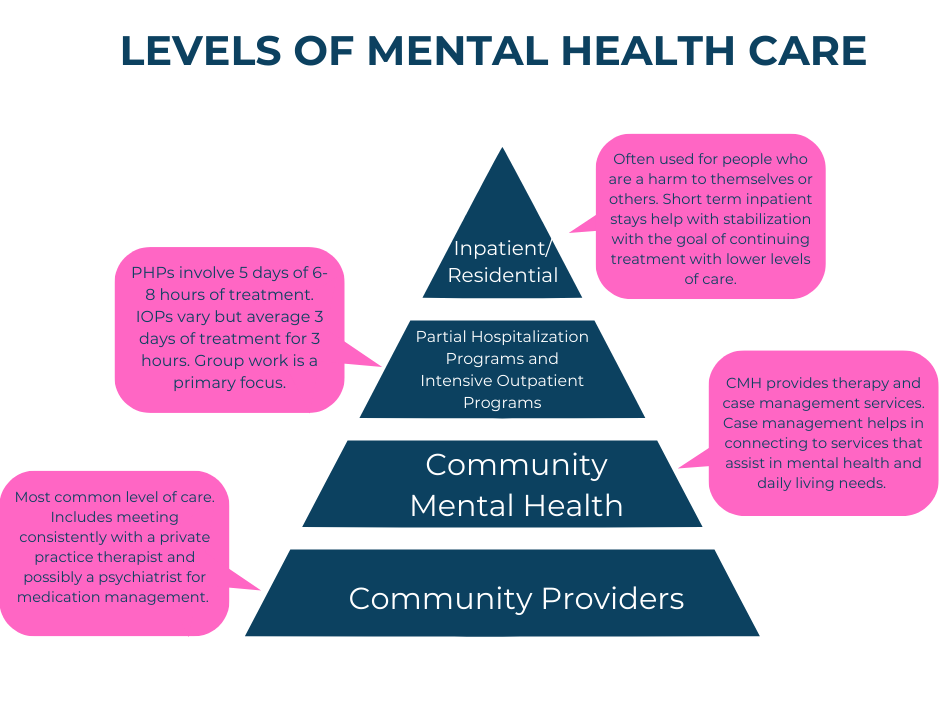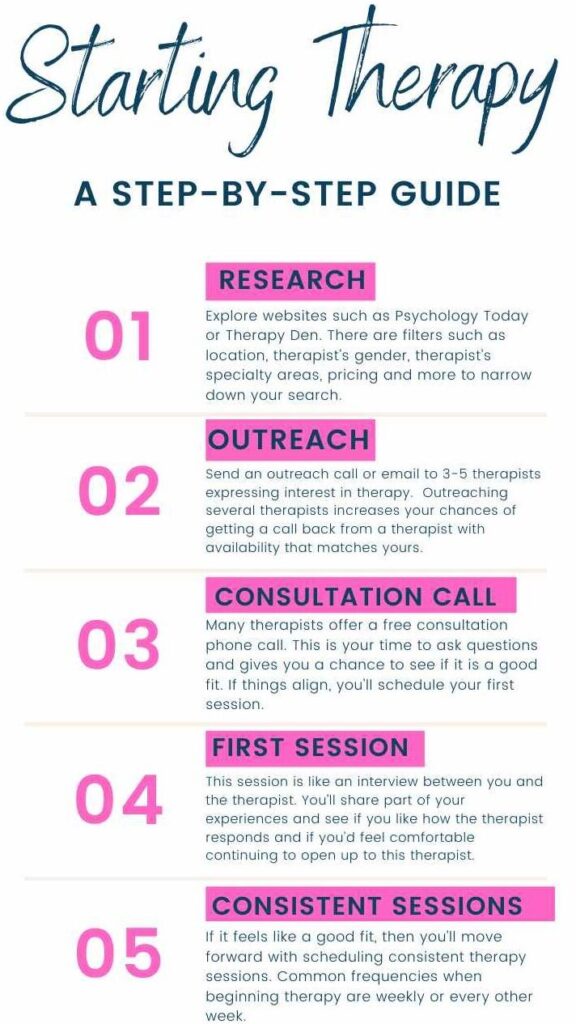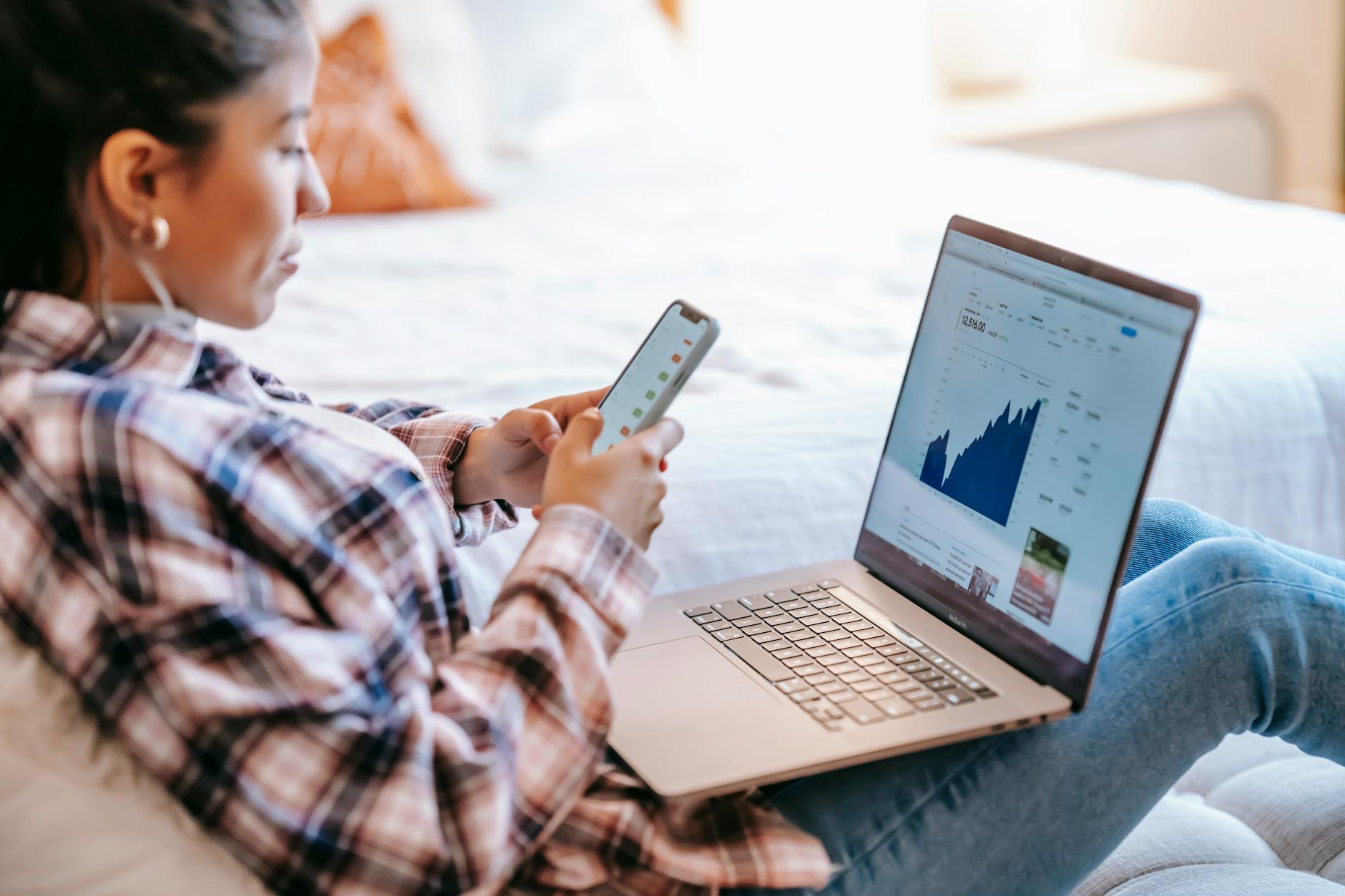There are undeniable benefits to what technology brings us. We can learn things quicker than ever, communicate with more people than ever, and there feels like an infinite amount of information awaiting us at our fingertips.
And yet I find I have a much different feeling when I hold a phone in my hand versus when I walk into a library. Both have a wealth of information awaiting me. But where I notice an eager excitement when I walk into a library, I instead feel a weighted hesitation with technology.
I imagine this could be due to a multitude of reasons, but the one that has been weighing on me is what I call the exposure threshold.
Research has shown that our internal regulatory systems have not yet adapted to the exposure technology provides us. I don’t know that we have pinpointed where exactly our internal regulatory systems are in terms of time, or at what pace they do adapt and evolve. However, research has been able to show us that our bodies have not yet adapted to the frequency or pace at which we are exposed to information with technology.
With a book, I can only read so much in a setting. There is a wealth of information there. But I can only consume so much at a time. I’m at the mercy of my reading pace, how long it takes to wrestle with information, and when I choose to move on and keep reading. With technology, we are at the hands of quick reels that can throw a good deal of information at us in just minutes. When the one we are watching ends, another one is loading. The content is sometimes similar, but it can also span a breadth of topics.
Sure, I could close the app and sit with the content I was just exposed to. But the next reel seems pretty appealing, so I might as well watch that. The algorithm knows what it is doing.
Even with the best information coming our way, our bodies and brains can reach their exposure threshold quite quickly with the way technology is currently structured. Unfortunately, we are often not aware we have met it. So instead we keep going.
Depending on the information we are looking at, our bodies can sometimes have a hard time separating whether we are a part of what we are looking at versus watching it from the safety of our homes. There is a necessity to be informed of atrocities occurring around the world, versus turning a blind eye and ignoring it. But, depending on the frequency and format in which you are consuming this information, it can drop your internal regulatory system down into a fight-flight-freeze survival response. Even if you are watching it from the comfort of your home, your body may interpret the information as though you are there.
This may feel like a necessary step to you since people around the world are going through these things with little to no choice. But, when we drop down into our survival responses, our higher-level reasoning shuts down. It’s very difficult to provide legitimate help when we are in this state because our bodies are solely concerned with surviving. There comes a point in which we think we are helping those around the world by being informed, but there is a possibility we could be much more helpful by stepping away from consuming the multitudes of information out there, allowing our bodies to process, and then begin to problem-solve based off of what we have consumed and learned.
Again, the answer here isn’t eliminating all of our technology use. I can see how information can get to so many more people in this format than we can expect from books alone. We are much more informed of what is going on in the world versus just what is around us. But there is a duality here where as much goodness as there is with technology, there is a really fine line where it can jump to being rather harmful, too.
So, if you feel like you have reached your exposure threshold, it’s okay to set the technology down. Step outside, go for a walk, meet up with a friend, go for a drive, and listen to music. That information will be awaiting you when you feel like you can handle consuming more, and you may be surprised what action steps for justice you are able to come up with when you set technology down and give your body a chance to process what it has seen and read.
Warmly,
Kylie Larson, MA, LPC
More resources…
Find Kylie’s reading commendations by clicking here.










